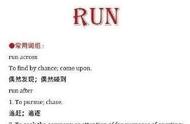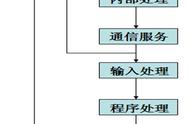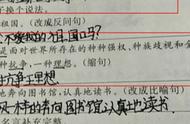1.通常来说,一些重读闭音节的动词,变动名词或过去式(过去分词),需要双写这些动词的最后一个辅音字母,再加ing或ed(特殊情况除外)。
例如:sit—sitting get—getting
put—putting begin—beginning
swim—swimming
drop—dropping—dropped
stop—stopping—stopped
prefer—preferring—preferred

2.通常来说,一些重读闭音节的形容词,变比较级和最高级,需要双写这些形容词的最后一个辅音字母,再加er或est(特殊情况除外)。
例如:big—bigger—biggest
hot—hotter—hottest
fat—fatter—fattest
thin—thinner—thinnest

3.通常来说,一些重读闭音节的动词,末尾加er,变为名词,译为“XX者”(特殊情况除外)。
例如:win—winner 获胜者
run—runner 奔跑者
begin—beginner 开发者

4.通常来说,一些多音节形容词,变比较级和最高级,需要在该形容词前加more或the most(特殊情况除外)。
例如:
famous—more famous—the most famous
confident—more confident—
the most confident
important—more important—
the most important
,










